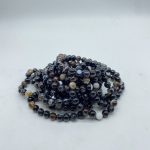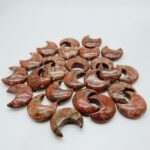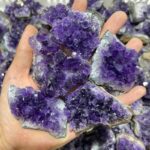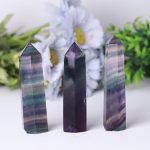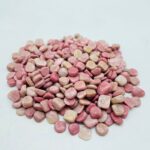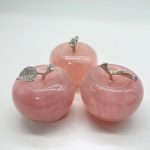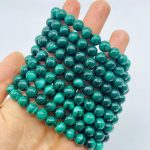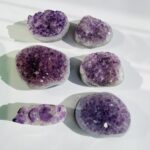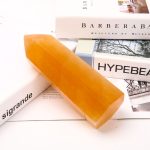Introduction: Uncovering the Enigmatic Jasper
Jasper, a captivating gemstone, has intrigued humans for centuries. From its captivating hues to its profound spiritual significance, jasper remains an object of fascination and wonder. In this comprehensive exploration, we delve into the multifaceted nature of jasper, uncovering its remarkable properties, enigmatic history, and diverse applications.
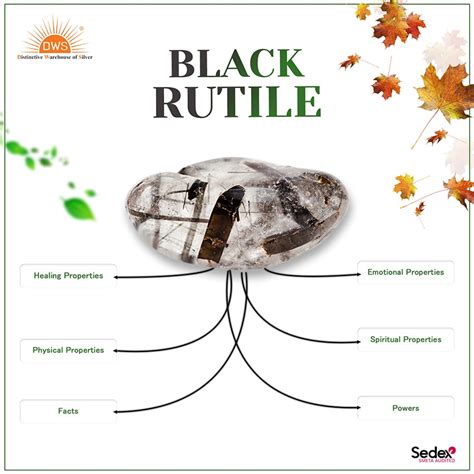
Origins and Composition
Originating from volcanic activity, jasper is an opaque variety of chalcedony, a form of quartz. Its vibrant colors, ranging from deep reds and earthy browns to delicate greens and vibrant yellows, are attributed to trace elements of iron, manganese, and other minerals. The unique patterns and formations within jasper result from the deposition and crystallization of these minerals over millions of years.
Physical and Metaphysical Properties
Physical Properties:
- Hardness: 6.5-7 on the Mohs scale
- Density: 2.5-2.9 g/cm³
- Color: Red, brown, green, yellow, orange, black
- Crystal structure: Trigonal
Metaphysical Properties:
- Grounding and stability
- Protection against negative energies
- Emotional healing and stress relief
- Spiritual growth and transformation
Historical and Cultural Significance
Jasper holds immense historical significance, dating back to the Neolithic period. Its durability and vibrant colors made it a favored material for crafting tools, weapons, and ornaments. In ancient Egypt, jasper was associated with the goddess Isis, and amulets made from it were believed to protect against harm. Native American tribes revered jasper as a sacred stone, using it for healing, divination, and ritual practices.
Healing and Metaphysical Applications
Jasper possesses various alleged healing and metaphysical properties, making it a popular choice for alternative therapies and spiritual practices. It is said to:
- Promote grounding and stability
- Shield against negative energies
- Enhance emotional well-being
- Facilitate spiritual growth and transformation
- Stimulate creativity and imagination
Jasper in Jewelry and Decorative Arts
Jasper’s captivating beauty and durability have made it a prized material in jewelry and decorative arts. It is used in a wide range of pieces, including necklaces, bracelets, earrings, pendants, and carvings. Its versatility allows for both classic and contemporary designs, appealing to diverse tastes.
Common Mistakes to Avoid
To fully appreciate the benefits of jasper, it is essential to avoid common mistakes:
- Confusion with Other Stones: Jasper is sometimes mistaken for other opaque stones, such as agate or carnelian. Carefully observe its unique patterns and formations to make an accurate identification.
- Overexposure: While jasper is generally durable, excessive sunlight or heat exposure can fade its colors over time. Store it in a cool, dark place to preserve its vibrant hues.
- Improper Cleaning: Use mild soap and water to clean jasper. Avoid harsh chemicals or abrasives, which can damage its surface.
Step-by-Step Approach: Using Jasper for Healing and Spiritual Growth
Jasper can be incorporated into your healing and spiritual practices in various ways:
- Meditation: Hold a piece of jasper in your hands or place it on your lap during meditation to promote grounding and connection.
- Crystal Grids: Create a crystal grid using jasper stones to amplify their healing energies and enhance your intentions.
- Massage: Use a jasper massage wand to release tension and promote relaxation.
- Jewelry: Wear jasper jewelry to keep its protective and grounding properties close to you throughout the day.
FAQs: Unraveling the Mysteries of Jasper
- What is the most common color of jasper?
Red
- Is jasper a valuable gemstone?
Jasper is not considered a particularly valuable gemstone, but its beauty and affordability make it popular for use in jewelry and decorative arts.
- Can jasper be used to heal physical ailments?
While jasper is not scientifically proven to cure any specific physical ailments, it is believed by some to have healing and calming properties.
- What other colors besides red can jasper be?
Brown, green, yellow, orange, black
- Is jasper radioactive?
No, jasper is not radioactive.
- What is a unique word to generate ideas for new applications of jasper?
“Jasperware”











